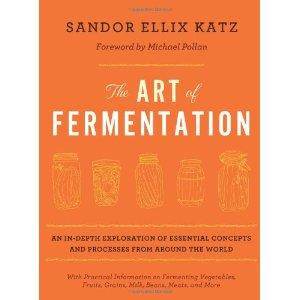
 4
4





If you'd like to add your own review, please have the first sentence be "I give this _______ X out of 10 acorns."
 7
7




Pics and text about my fermentation adventures: http://brewathonlite.blogspot.com
 5
5




Eva
 2
2




"We're all just walking each other home." -Ram Dass
"Be a lamp, or a lifeboat, or a ladder."-Rumi
"It's all one song!" -Neil Young
 4
4




Check out Redhawk's soil series: https://permies.com/wiki/redhawk-soil

 1
1




Works at a residential alternative high school in the Himalayas SECMOL.org . "Back home" is Cape Cod, E Coast USA.
 5
5




 3
3











 3
3




Best luck: satisfaction
Greatest curse, greed
 3
3




You do not have to be good. You do not have to walk on your knees for a hundred miles through the desert repenting. You only have to let the soft animal of your body love what it loves. -Mary Oliver
 1
1





 3
3




It is a privilege to live, work and play in the traditional territory of the Salish People.
Now drop and give me 52... ~ Come Join the permies Shoecamp! ~ All about Permies, including Tutorials ---
Twenty bucks off the homesteading bundle for the next 72 hours!
 2
2




To be is to do …Kant
To do is to be ..Nietzsche
Do be do be do…Sinatra
Scooby dooby do …St. Thomas





 1
1




Permaculture and Homestead Blogging on the Traditional Catholic Homestead in Idaho! Jump to popular topics here: Propagating Morels!, Continuous Brew Kombucha!, and The Perfect Homestead Cow!

 5
5




Proudly presenting RocketMassHeaters.com
A good starting point to all RMH research
How Permies.com works

|
It's a tiny ad only because the water is so cold.
The new gardening playing cards kickstarter is now live!
https://www.kickstarter.com/projects/paulwheaton/garden-cards
|








